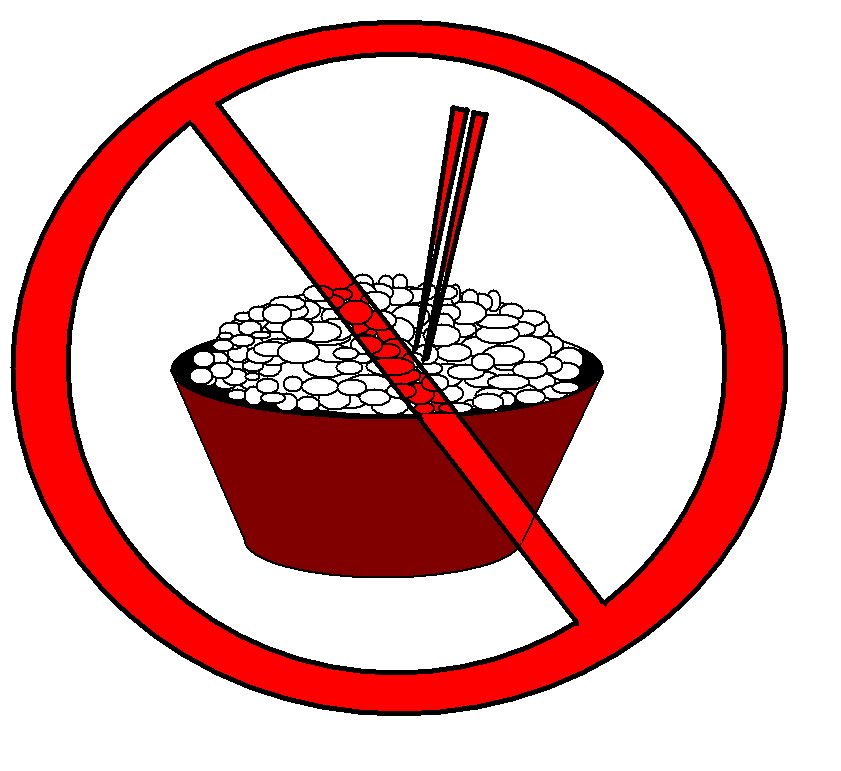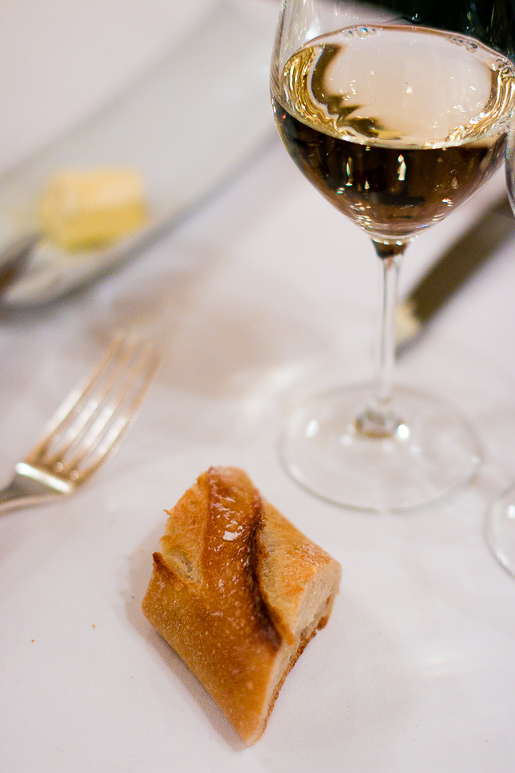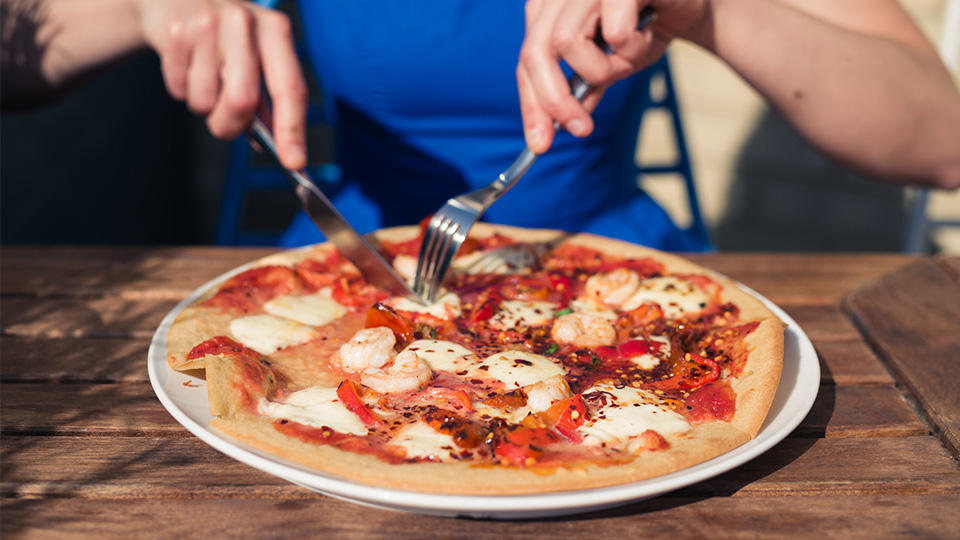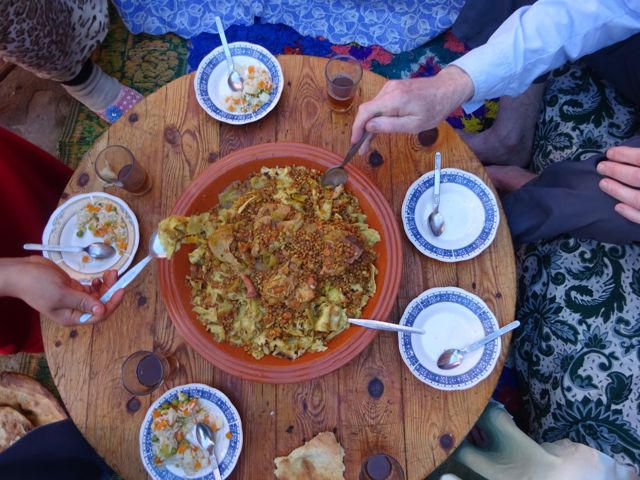Many of us likely feel as though we have a strong command on dining etiquette in our respective countries. However, some people may not know that these table manners vary across the world from region to region, and sometimes even within those regions. Some things that we may not even think twice about doing may be considered extremely rude or taboo in other countries. If you are hosting an international visitor or traveling abroad, it is important to keep these in mind!
Asia:
Do not use your chopsticks as a spear: Throughout Asia, it is consistently considered rude to spear your food with chopsticks instead of using them properly to pick up the food. This has to do with superstitious beliefs as usually when on pierces their food with chopsticks you are offering this food to the dead.

Other chopstick rules: There are actually many rules surrounding the use of chopsticks. For example, pointing a chopstick at someone is just as rude if not more disrespectful than pointing a finger. In addition to this, passing food directly from your chopsticks to another’s is actually part of a funeral ritual in which the deceased’s bones are passed between chopsticks. Also in many parts of Asia placing your chopsticks sticking straight up in your food is a gesture meant for the deceased. It is best to avoid these practices as many Asian cultures as superstitious and doing these is considered very taboo and disrespectful.
Eat the food served to you: Particularly in China and Korea, it is an honor to be served food especially what are perceived as the “best” parts of something. Even if you do not like the food, it is respectful to finish the food served to you.
Paying the bill: In China and other areas influenced by Chinese customs such as Malaysia, Taiwan, and Hong Kong, bills are not typically split among diners. Instead, one person picks up the entire check. Usually a several people will put up a fight to cover the expenses, and doing so shows a sign of appreciation for relationships and is seen as polite.
Europe:
Bread: In France, bread is placed directly on the table as opposed to being placed on a bread plate. Bread is not served as an appetizer and should be consumed along with your meal. When consuming the bread, it is important to break it into pieces as opposed to biting them off.

Also, in Russia it is considered bad form to waste bread, as it is believed that when one dies all of the bread they’ve wasted over the years will be weighed and added to the balance that determines whether or not one is accepted into heaven.
Eating your food as it is prepared: In Portugal and Spain, it is considered an insult to the cook to alter your food by adding salt and pepper to the prepared dish.

Use your silverware: Often times in European countries, it is considered polite and normal use your utensils with what some may consider finger foods, such as pizza.
Middle East:
Don’t eat with your left hand: Because the left hand is associated with using the restroom and associated bodily functions, it is considered unsanitary and rude to use your left hand to eat. Instead, eat strictly with your right hand.

Drinking coffee: In Bedouin culture, they will continue to pour you coffee once you have finished it. That is, until you shake the cup by tilting it two to three times when you hand it back. By doing this, you are signifying that you are finished.
Etiquette for eating with your hands: While it differs from country to country, generally when eating with your hands you should use your fingertips to ensure the food does not touch your palms. If you are sharing a large dish, which is common, only eat from your side of the plate. Often times diners will use bread to scoop the food, which the house owner breaks and distributes to guests.
It is important to remember that every country is different and these rules of etiquette may vary! To be safe, look up specific customs for a specific country if you are curious, however these are some general rules to follow for each region.
